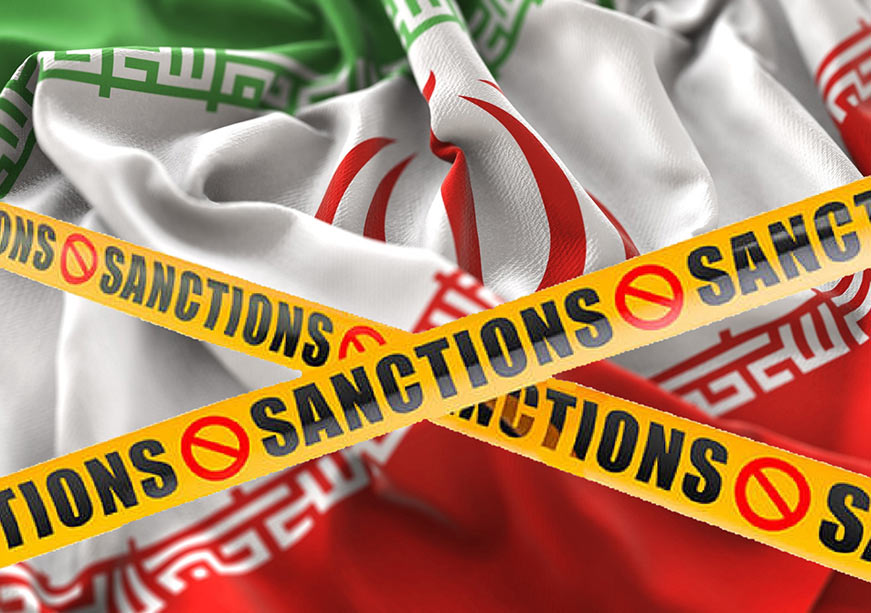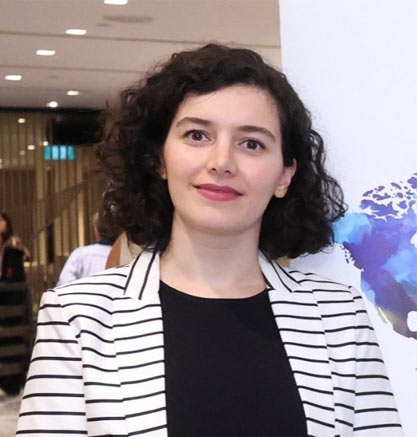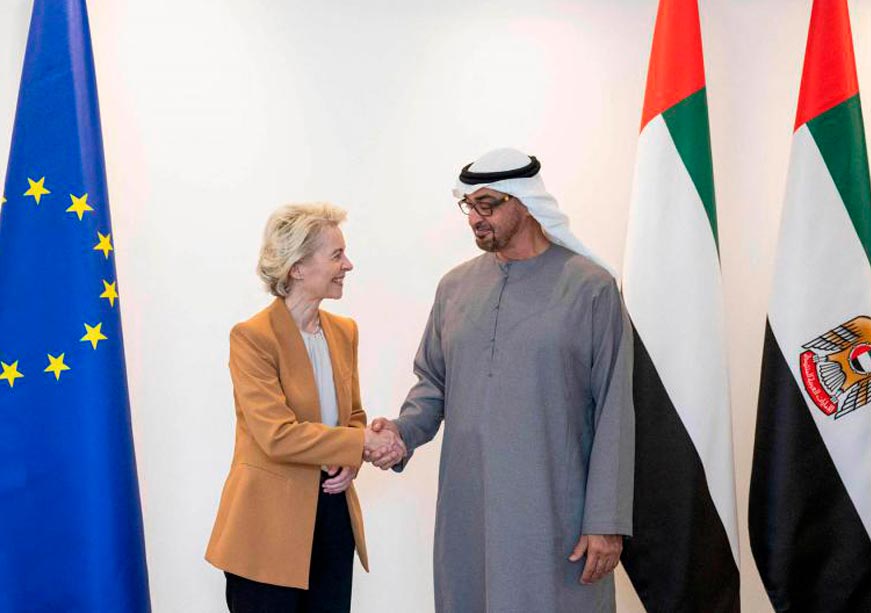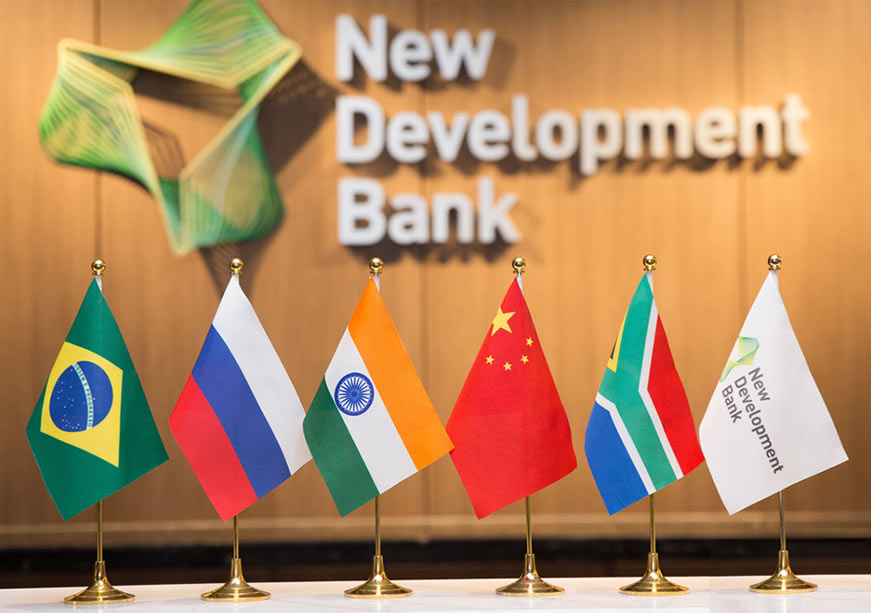With the decision of the E3, the United Kingdom (UK), France, and Germany, to trigger the “snapback” mechanism, and the UN Security Council’s (UNSC) rejection of the resolution to extend Iran’s sanctions relief in September 2025, all UN Security Council sanctions are enforced. This risks pushing Iran to a situation even worse than a decade ago. However, Iran, backed by China and Russia, affirms that, in accordance with paragraph 8 of UNSC Resolution 2231, all its provisions will be terminated after 18 October 2025. Thus, any attempt by the E3 to trigger the so-called snapback is, by default, legally and procedurally flawed.
Iran has lost much of its leverage. Its regional proxies have weakened; three major nuclear sites have been destroyed in the US airstrike; it is hovering between war and peace, bracing for further Israeli airstrikes, as seen in June 2025. Meanwhile, over the past decade, Iran’s economic conditions have steadily deteriorated, intensifying social and political pressures and fuelling public anger.
Following the triggering of the snapback mechanism, Tehran’s official narrative has focused on downplaying the impact of the UN sanctions. The leadership’s approach is twofold: first, arguing that these sanctions are illegal; and second, reassuring the public that the economic situation will not deteriorate further. This, however, masks Iran’s dire reality. Although the relevant UN resolutions and corresponding sanctions primarily target Iran’s nuclear and ballistic missile programmes, the same sanctions would brand Iran as a defiant state in the eyes of the international community, making cooperation with China and Russia more challenging.
The UN-backed sanctions could also place Iran under Chapter VII of the UN Charter, casting Iran as a “threat” or “breach” to peace. Such identification could provide sufficient justification for some to direct further punitive measures against Iran — certainly a favourable outcome for Israel.
The prospective UN-imposed sanctions possess greater international legitimacy compared to US unilateral sanctions, which Iran has often framed as unfair and, at times, in violation of international law. The UN-backed sanctions could also place Iran under Chapter VII of the UN Charter, casting Iran as a “threat” or “breach” to peace. Such identification could provide sufficient justification for some to direct further punitive measures against Iran — certainly a favourable outcome for Israel.
The view from within Iran’s institutions
As a reaction to the snapback mechanism, hardliners—particularly in Parliament—welcomed it, even congratulating one another, while pushing for withdrawal from the Nuclear Non-Proliferation Treaty (NPT), advocating the pursuit of a nuclear bomb, and rejecting any further negotiations with the US. They blame Washington and Rafael Grossi, Director General of the IAEA, for his latest report. They believe that the said report triggered the Israel–US bombardment of Iran in June 2025 during nuclear talks. 70 hardline members of the Parliament called for a change in the defence doctrine. They noted that the use of nuclear weapons would constitute a violation of the Supreme Leader’s fatwa, whereas their development and maintenance as a deterrent remains a separate matter.
The celebration among Iranian hardliners is synonymous with the view that Tehran must take the initiative. Their views stem from a sense of policy reactivity since Rouhani’s presidency in 2013, when the decision was made to remain in the JCPOA after the US withdrawal and compounded by the soft stance toward Israel after October 7. Instead, unpredictability is now seen as a strategic tool by hardliners to regain leverage and deter acts of impunity.
While President Pezeshkian was in New York to deliver his speech at the UN General Assembly 2025, the Supreme Leader, Ayatollah Khamenei, stated in Tehran, “We will not stop uranium enrichment, and negotiating with the US will not be in our favor”.
By contrast, the reformist government currently in office views the hardline approach as falling into an endless abyss, as Masoud Pezeshkian recently remarked, “If we do not engage in negotiations, do you want to go to war instead? They attack — we rebuild — and then they attack again.” As a result, it is sending more nuanced signals, indicating a willingness to negotiate with the US—but only under certain conditions. Iran’s Foreign Minister, Abbas Araqchi, stated last week that Iran had been in contact with U.S. Special Envoy to the Middle East, Steve Witkoff, through mediators, reiterating that Tehran “has always been committed to diplomacy and peaceful solutions”. However, he added that the talks did not progress due to what he described as “excessive U.S. demands”. Reformists remain cautious, wary of engaging with President Trump’s administration, which they consider unreliable. They are, therefore, floating proposals for renewed talks contingent on conditions such as compensation for the airstrikes on Iran’s nuclear facilities and guarantees against future attacks. While President Pezeshkian was in New York to deliver his speech at the UN General Assembly 2025, the Supreme Leader, Ayatollah Khamenei, stated in Tehran, “We will not stop uranium enrichment, and negotiating with the US will not be in our favor”. This statement shows that Ali Khamenei’s approach differs from that of the current government, at least in terms of public positioning.
What next for the nuclear question?
Iran’s position so far is to insist on the nuclear programme as a right of nations, as it is peaceful before and after the war. Following the US strikes on Iranian nuclear facilities, Tehran tried hard not only to postpone the snapback mechanism but also to exhibit a degree of compliance with international demands. On the sidelines of the UN General Assembly, Iran proposed direct negotiations with Witkoffbut he “did not show up for the meeting”. In addition, the new agreement signed in Cairo between Grossi and Abbas Araghchi, Iran’s Foreign Minister, whose resolutions will be enforced only after the Supreme Leader, Ayatollah Ali Khamenei’s approval. The agreement permitted the IAEA to resume inspections, which had been suspended during the 12-Day War between Iran and Israel. However, these efforts proved ineffective in delaying any further imposition of sanctions.
Under further external pressure, Iran still has a window for a paradigm shift: either pursue nuclear weapons or adapt to the existing world order. Given the lack of prospects for negotiations with the US, the reimposition of UNSC sanctions, and the looming threat of another attack, Iran now has a strong incentive to pursue nuclear weapons to safeguard its national security, particularly given the perceived threat from Israel.
The new agreement signed in Cairo between Grossi and Abbas Araghchi, Iran’s Foreign Minister, whose resolutions will be enforced only after the Supreme Leader, Ayatollah Ali Khamenei’s approval.
However, Iran is aware that resuming nuclear activities could likely trigger another strike. Whether through withdrawal from the NPT or covert efforts to develop a nuclear weapon, any move in this direction would likely be detected, given Israel’s intelligence advantage, and could prompt a response from the US or Israel. And this second strike would almost certainly carry greater perceived legitimacy compared to the 12-Day War; the reimposition of the UN sanctions may be interpreted as a political justification for such an attack, even if not a legal one. Iran’s fragile economic situation, its lack of adequate equipment, and the risk of public opposition would make going nuclear an act of folly.
The most realistic option is for Iran to continue enrichment at a peaceful level while seeking to reform its security architecture. This would involve overcoming its traditional characteristics, namely isolationist tendencies and a pervasive sense of paranoia, and pursuing strategic alliances with the Gulf Cooperation Council (GCC) states on one hand, and China and Russia on the other. This could help Iran temporarily stabilise, mitigate internal chaos, and prevent further upheaval.
Overcoming international isolation and public disillusionment
Recent events, including the US-Israel attack on 13 June 2025 and the subsequent reimposition of UNSC sanctions, have reinforced two enduring characteristics of Iran’s policy. First, the Iranian perception of isolation—regionally and beyond—which stems from Iran’s unique ethnicity, history, language, religion, and political system. Second, a deeply ingrained paranoia in Iranian politics, characterised by a persistent belief in plots, spies, treason, and conspiracies. These fears are not entirely unfounded, as evidenced by the abrupt halt to five rounds of US-Iran talks, only for Tehran to be on the receiving end of missile attacks. Against this backdrop, nuclear weapons are seen by Iranian officials as the only reliable guarantee of national security.
The Iranian perception of isolation—regionally and beyond—which stems from Iran’s unique ethnicity, history, language, religion, and political system.
The reimposition of UNSC sanctions would further entrench Iran’s economy in a downward spiral. Such a development could trigger market turbulence, heighten social dissatisfaction, and potentially spark renewed public unrest. So far, economically, Iran’s currency (the Rial) has fallen to its lowest level in history. Based on this trend, household prices will inevitably continue to rise. With one-third of society already living below the poverty line, that share is likely to grow even further in the future.
Iranian society has been under severe sanctions for about 20 years, and now the slogan of “resistance” no longer resonates with many Iranians—especially Generation Z, who were born and raised in a sanctioned country. Now it is their time to decide their future, and what they seek is not resistance but a comfortable life and lifestyle, free from the fear of war. But their fates now rest on the decisions of their leadership.
Zeynab Malakouti is a Research Affiliate at the Middle East Institute, National University of Singapore (NUS), and a Senior Fellow at the Global Peace Institute, UK.











